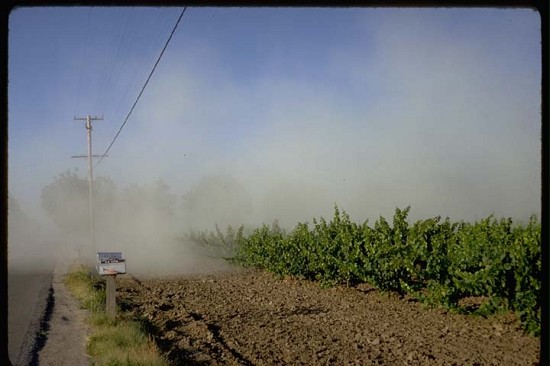Got enough Roundup and Paraquat drifting onto you? Want some 2,4-D with that? If not, you can send your comments to USDA now. Hey, what if we all plowed under the mutant pigweed instead of breeding more with poison soup!
Tom Philpott wrote for Mother Jones 18 July 2012, USDA Prepares To Greenlight Gnarliest GMO Soy Yet,
In early July, on the sleepy Friday after Independence Day, the USDA
quietly signaled its intention to greenlight a new genetically engineered soybean seed from Dow AgroSciences. The product is designed to produce soy plants that withstand 2,4-D, a highly toxic herbicide (and, famously, the less toxic component in the notorious Vietnam War-era defoliant Agent Orange).
Readers may remember that during an even-sleepier period—the week between Christmas and the New Year—the USDA made a similar move on Dow’s 2,4-D-ready corn.
If the USDA deregulates the two products—as it has telegraphed its intention to do—Dow will enjoy a massive profit opportunity. Every year, about half of all US farmland is planted in corn and soy. Currently, Dow’s rival Monsanto has a tight grip on weed management in corn-and-soy country. Upwards of 90 percent of soy and 70 percent of corn is engineered to withstand another herbicide called glyphosate through highly profitable Monsanto’s Roundup Ready seed lines. And after so many years of lashing so much land with the same herbicide, glyphosate-resistant superweeds are now vexing farmers and “alarming” weed-control experts throughout the midwest.
And that’s where Dow’s 2,4-D-ready corn and soy seeds come in. Dow’s novel products will be engineered to withstand glyphosate and 2,4-D, so farmers can douse their fields with both herbicides; the 2,4-D will kill the weeds that glyphosate no longer can. That’s the marketing pitch, anyway.
There’s more in the article.
It can also get into your well water, and then, according to EPA:
Continue reading









